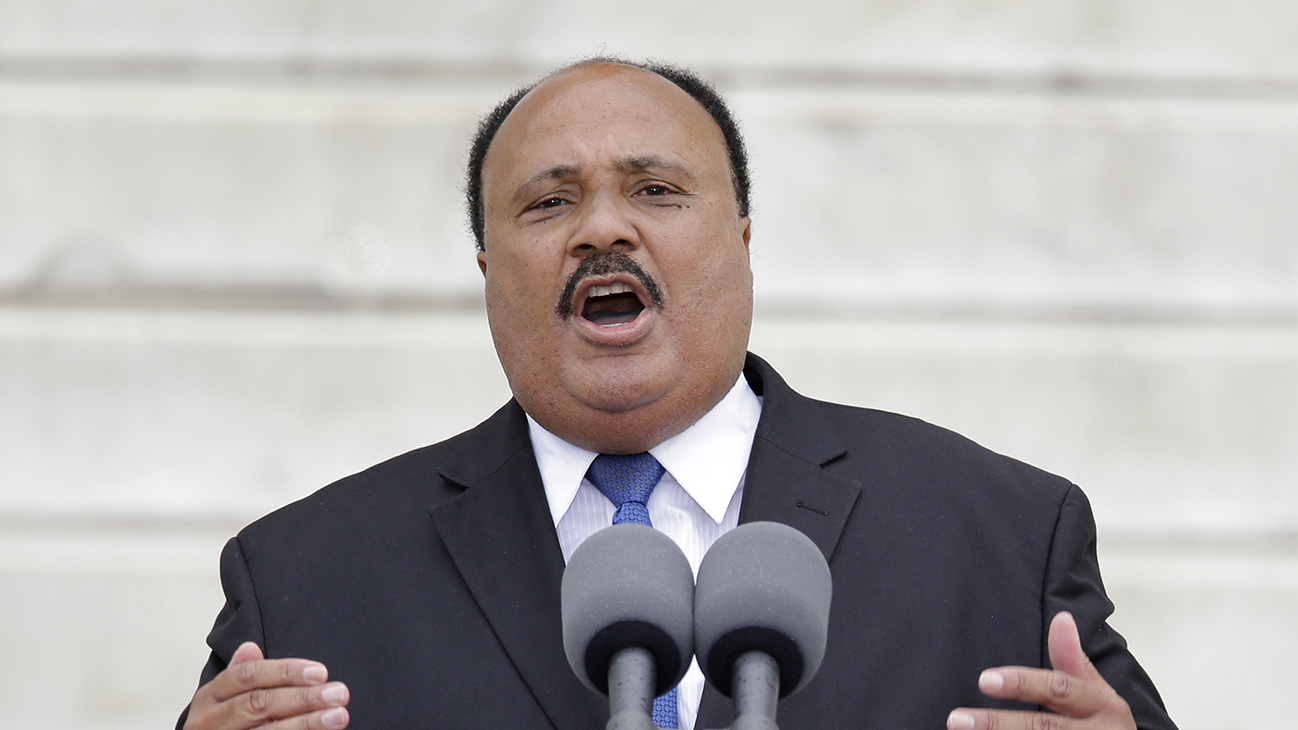Fifty years to the day after Martin Luther King Jr.’s assassination, the world continues its push for racial equality. If anything, the message has only gained momentum in recent years—something MLK’s son Martin Luther King III highlights in his talks: motivating audiences with his message of hope and a dedication to ridding the world of social, political, and economic injustice.
MLK III, an ardent advocate for the poor, the oppressed, and the disillusioned, was interviewed by Newsweek for his take on this sombre anniversary, and where he can see the future of social justice heading. Some highlights:
“I think we see [my father’s message] continued by three movements as we speak—Black Lives Matter, the MeToo movement and March for Our Lives,” said King III. “I see my father’s movement and legacy manifesting itself through these movements.”
King Jr., a reverend and one of the most prominent leaders of the civil rights movement in the 1960’s, was killed by James Earl Ray in Lorraine Motel in Memphis, Tennessee, on April 4, 1968. King pursued racial equality, voting rights and a nonviolent approach to activism, once saying that “nonviolence recognizes that evildoers are also victims and are not evil people.”
“I think his whole position was that we must always embrace a non-violent approach,” said King III. “Violence is the language of the unheard. He would appeal to a higher consciousness in our society, I believe.”
…
As a human rights advocate and activist, King III has seen and participated in Black Lives Matter and March for Our Lives. King is confident that the high school students who participated in the March for Our Lives rally on March 24 will continue to make an impact in the U.S. in their nonviolent push for gun reform.
He compared the young activists to the students who helped lead The Birmingham Campaign, a crusade where hundreds of black students participated in nonviolent protests to fight against the Alabama city’s segregation laws.
“These young people are leading the movement, [I] haven’t seen a high school movement since 1963 in Birmingham when they were arrested. It’s 2018, and now we have students around the country of protesting the issue of guns and gun safety.”
…
“My mom and dad understood that every generation has to earn its freedom over and over again,” said King III. “We still have a lot of work to do.”
Read the full story here.

